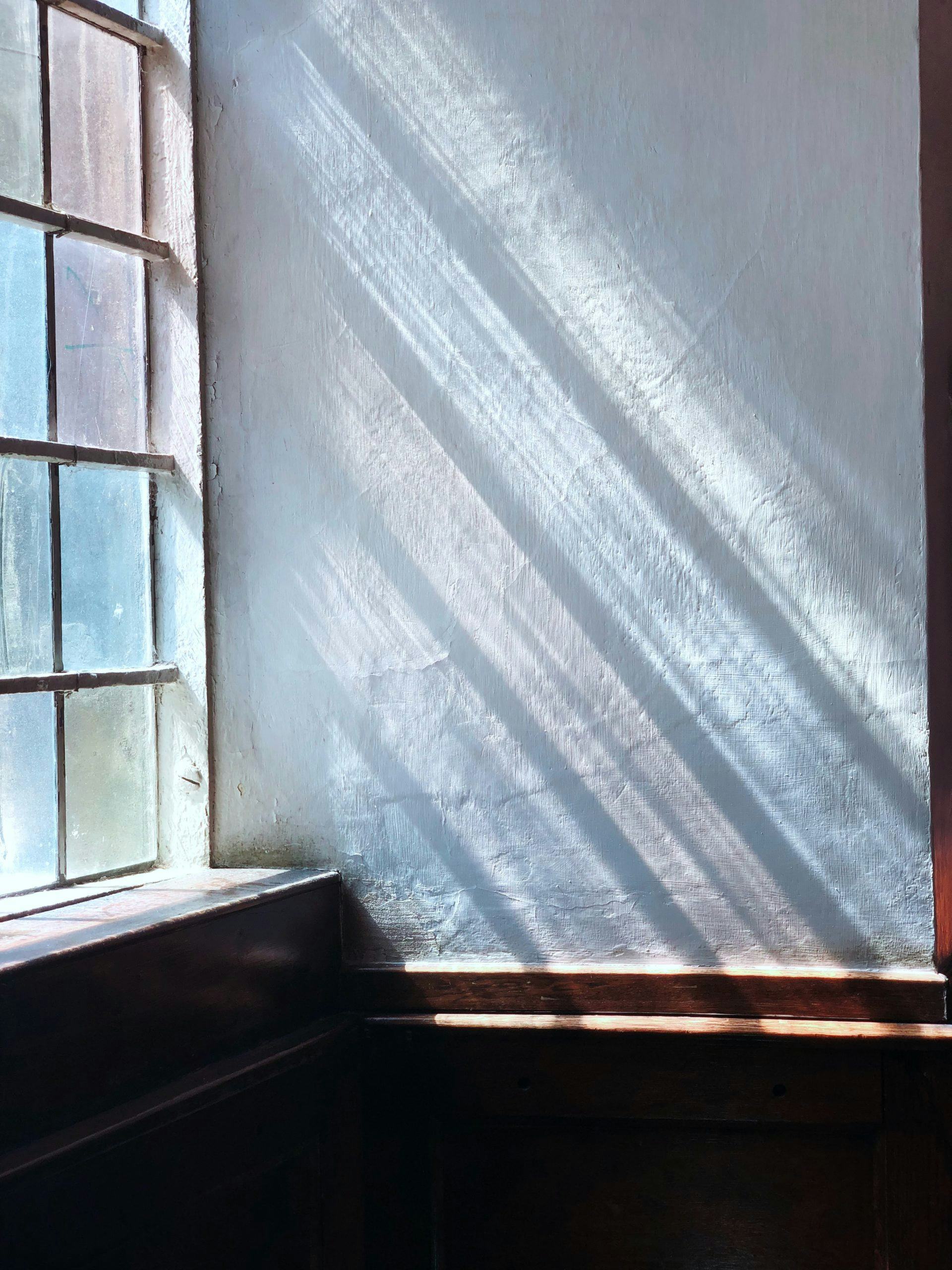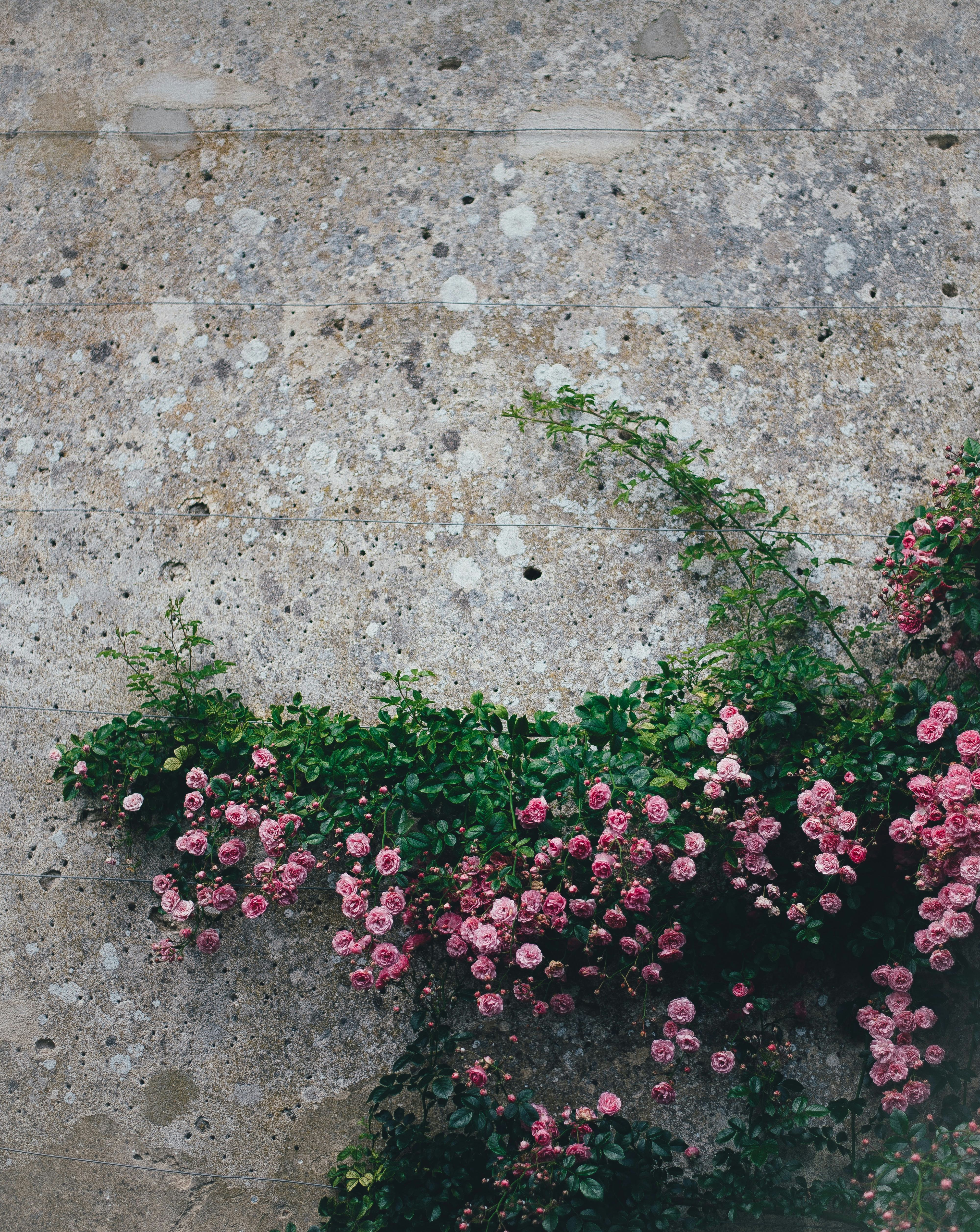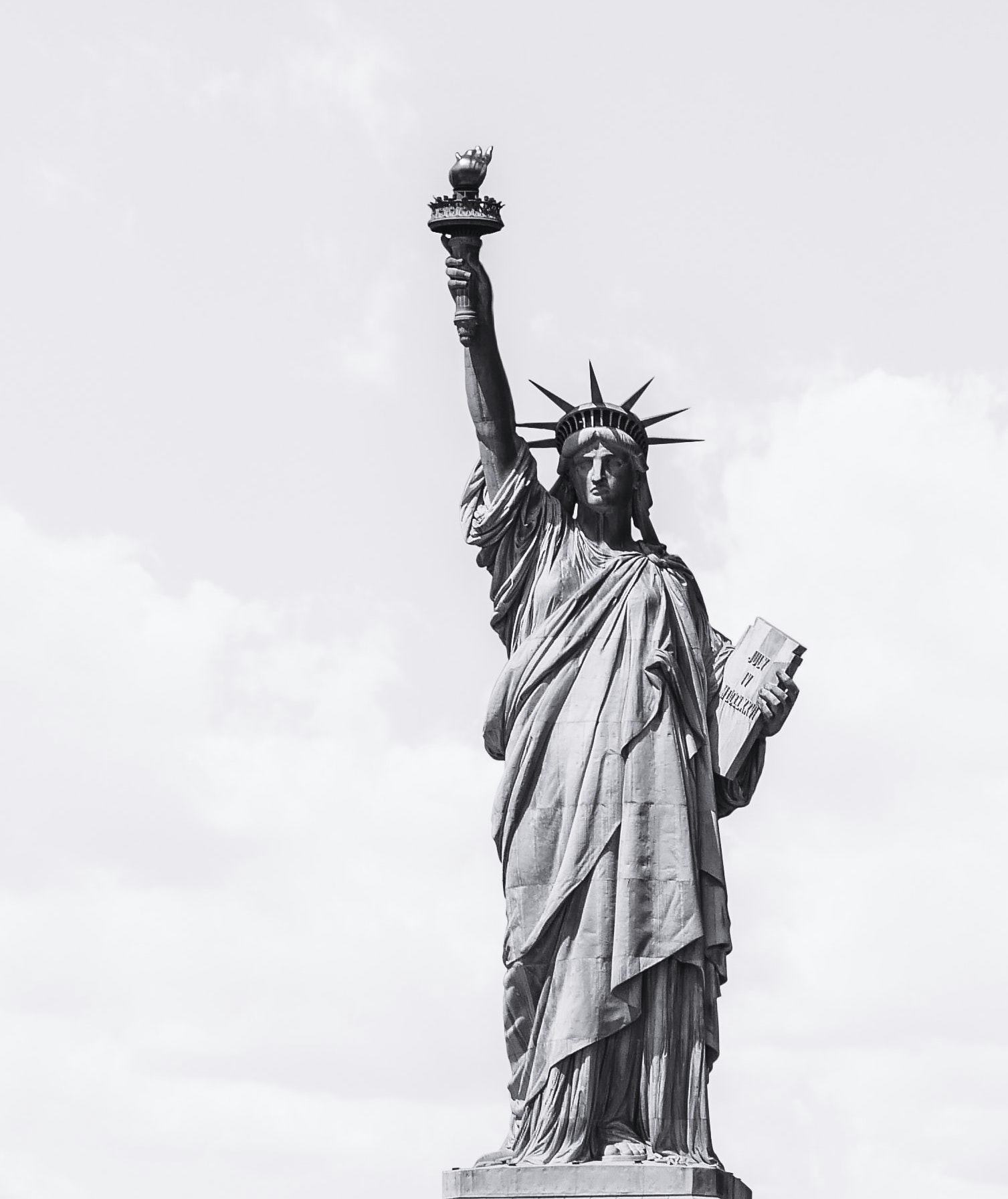Confessions From a Catholic Who Isn’t Sure She Wants to Recover

After moving out of my parents’ house, I stopped going to Mass every week. But whenever I found myself struggling, I’d always find my way back to the Catholic Church. The Mass didn’t even have to be in English. I remember in college, after the passing of a former friend, going with my roommate to her Korean-language Mass, standing beside total strangers and humming a simple melody I assumed was about God’s unending love for us and just weeping. The people standing next to me didn’t demand explanations; they just held my hands in prayer. I love that no matter where I am in the country or even in the world, I know I can find peace in a Catholic Church. Faith transcends races, languages, and socioeconomic statuses. The ritual and the messaging remain the same.
Although I still find solace in the ritual of Mass, I struggle with my identity within the Catholic community. I understand religion as a community united by ideals, so what happens when you disagree with some of those ideals? Can you still claim membership? Would you even want to maintain membership if you can’t get entirely on board with the one thing tying the community together? Though no community is monolithic, there is the basic assumption that being a member of the Catholic community means you agree with “the word of God.”
Up until this point, I’ve been lenient with the “tenants” of the faith. I was confident in my membership within the Catholic community as a bisexual woman who believes in the right to choose. I believed that “the word of God” was just and inclusive, and that people who said otherwise were manipulating the beautiful, sacred text for malicious power gains. I believed this until my mother invited a touring group of religious right activists masquerading as open-hearted evangelists to our home to host a rosary session.
They did host a really nice rosary session, which my parents, grandparents, great aunts and uncles, and some cousins thoroughly enjoyed. But then, they ended the worship session by playing a video saying that Our Lady of Fatima predicted the demise of civilization (communism), and because we failed to heed her warning, our world is plagued with sin (expressed in the LGBTQ+ community and abortion clinics). I wish this were hyperbole, but their video left nothing unsaid.
There was a slideshow of queer couples getting married and one slide that just said “BISEXUAL” in bold Helvetica Neue – I was jarred they didn’t even an attempt to make the piece aesthetic – all overlaid with the text: “SIN.” It was plain hate speech. After this presentation (which my Mom had welcomed into our home and invited our entire extended family to attend in person or via Zoom), I approached my mother. I was very concerned that we might have offended members of our family by giving voice to this hateful subculture within our faith community. To my surprise, my Mom said we owed no one in our family an explanation – no one would be offended because our extended family believed everything that was shared. This rattled me to my core. While I have experienced mild homophobia and very strict, gendered expectations within my family, I attributed these to generational or cultural differences, not something sacred they held up as part of the word of God.
The more I meditated on this experience, the more I questioned my family’s loyalty to this faith. My mom and her whole family immigrated to the United States from Colombia. Latin America, like many other parts of the world, was colonized by Europeans under the guise of Christianity. Our people were enslaved and were forced to convert from their indigenous religions to Christianity. Today, we staunchly uphold our Christian faith, like so many other colonized communities, even though it is a vestige of the culture our oppressors.
I can’t help but wonder – who is correct in this debate of ideals? Am I correct to believe I am welcome in the Catholic community as a bisexual person and strong believer in a woman’s right to choose? Or are the religious right activists my mother invited to our house correct in their perspective of Christianity? This faith historically has been the faith of the oppressor, the colonizer, used to enslave people all over the world. Why wouldn’t people continue to use Christianity to oppress others now?
My earnest internal rebuttal to this thought is that the Bible is a living text. Interpretation of the word can change as our community does. Perhaps I can look at my elderly family members and those right-wing activists and write off their interpretation as an antiquated perspective, which my generation can change. However, I see on Instagram that my friends from my Catholic high school don’t bear different ideals just because of their age. I see girls I knew in school who are in their early twenties now attending pro-life rallies and boasting about their cute posters on Instagram. One girl even posted a story (on Black Out Monday – a day designated by the Black Lives Matter Movement to go silent on social media to leave space for anti-racist resources to be shared), decrying pride month and calling young Christians to celebrate instead the “sacred heart of Mary” month. Again, I wrote these individuals off as fringe community members, and I called one of my best friends from high school who is a Catholic missionary now. For the first time ever I engaged her in a real conversation about Queer membership in the Catholic community. She gave me a very kind but very evasive response, which failed to assuage my exponentially increasing feelings of exclusion.
Although I don’t think my grandparents or the activists I met or my friends from high school would like the perspective of this article, it makes total sense to me now. I have been wrong this whole time to think the community I’m a part of would stand for me, when the ideals historically have not stood for anyone except those already in power, whether that’s the colonizers, the capitalists, or the patriarchy.
So what now? I still take comfort in the practices of the Catholic faith. I go with my mother to the Santísimo before job interviews. If I have kids, I will say the Our Father with them every night as my father did with me. Despite these things, I personally cannot identify with this community anymore. I’ve stopped wearing the cross necklace I’ve worn since birth. I don’t want to broadcast my membership in the community if my connection to it is solely based on my upbringing and not my shared ideals as an adult. The next step is to find a community that will accept and defend me, but what does that look like? I have found mindfulness communities that offer a similar form of practice and are much more aligned with my politics.
I do wonder if anything will be able to take the place of standing in a room full of people, reciting words I’ve recited my whole life, singing songs I’ve sung my whole life. Perhaps ritual is greater than dogma.
JT Kessler is a recent graduate of the University of Southern California, with degrees in theater and film. All her work - as an actor, writer, podcast host, and researcher - lies at the intersection of art, academia, and social justice. In addition to auditioning, she is currently an editor for her own online mag, Meliorism, and on the marketing team for Cinema Latte Productions.
Discover more from JT Kessler.








